Reality is increasingly uncertain, and this is fascinating. Anonymous;Code, the latest in the series that has brought us Steins;Gate, Robotics;Notes and Chaos;Head, is a play on this idea, and it, too, is fascinating. Quite possibly the most fascinating of all this series of visual novels, precisely because it is so relevant to modern society and very real trends that are going on out there.
The first clue of Anonymous;Code is about comes early, when the protagonist wanders into an “AR café”, where he sees an assortment of beautiful women. But, if you press the “B” button on your Switch (usually, in visual novels, the command to make the interface disappear and allow you to admire the art in full-screen glory), the veneer disappears and you realise that all those beautiful women are actually old, saggy men that are “cosplaying” via AR to the delight of the patrons.
Then the protagonist, Pollon, meets a girl who is dressed in a strange cat costume. She has an AR tattoo mark, suggesting that she shouldn’t exist as she does in the real world, and yet she lives a totally technology-free existence and is very real to the eye.
Shortly thereafter, however, Pollon and this girl find themselves being chased by the military. They capture the girl, beat Pollon to within an inch of his life, and take her away. Pollon thinks that that’s it, he’s failed at protecting the girl, but then something very strange happens. Pollon develops the ability to “save” and “reload” reality, just like in a video game. From that point, you (the player) are led on a mind-trip whirlwind of an adventure where you need to outright leverage the fourth wall as a game mechanic, and help Pollon navigate through the story by helping him determine when to “Load” and change the future.
I realise just how utterly strange all of that sounds, but it’s truly riveting to watch play out, supported as it is by this series’ characteristic ultra-high presentation values. Anonymous;Code features a massive number of key art CGs, animation, comic-book style sequences and more to make for an engrossingly “active” visual novel, filled with aesthetic and UI energy that help to back up the game’s near break-neck pacing at times.
However, it’s the themes of this game that really strike a chord because, again, they’re so relevant to our society, today. Just a few years ago, a Japanese film artist created Hyper-Reality, a short dystopian film that suggests that a future in which we can use digital media to “paint over” anything about reality that we don’t find pleasing or useful might not be the utopia that certain Silicon Valley organisations would have us believe that it is. Roughly the same time, Japanese visual artist, Sugimoto Hiroshi, created an exhibition of possible doomsday scenarios for humanity, and “constructed realities” was one of those. Then there are films like Blade Runner 2042… really, the arts are filled with warnings about what happens when we retreat to worlds of our own construction.
All of this comes back to the idea of The Social Construction of Reality, as posited by sociologists, Peter Berger and Thomas Luckmann back in 1967. That theory posited that society is created by humans and human interaction (“habitualization”), which sounds logical and straightforward enough… but in turn makes it all the more concerning when you realise the disruption that digital technologies and digitally constructed realities are bringing to that very fundamental human experience.
“For example, social constructionism can influence whether or not something is seen as a crime, its severity, and the extent to which it is feared. How societies define and remedy crime is the outcome of numerous complex factors between different groups of actors,” notes one summary of the book.
“In terms of identity, social constructionism is used to illustrate the view that an individual’s character is not totally given, but is built up by the individual in terms of different conceptions of gender, ethnicity, sexuality etc., which are influenced by personal preference and the reactions of others.”
Anonymous;Code takes all of this to an extreme and, again, it’s fascinating. I really don’t want to give any of it away, because it’s just so mind-boggling to experience for yourself, but to put it in context: that AR “pretty girl’s” café is just the start. One of the characters has an AI girlfriend that he cannot distinguish from reality in that same first chapter. The revelations and unsettling implications only escalate from there, and one of the game’s taglines: “God should be hacked” is both appropriate in overviewing the key message and takeaway from the story, and a heck of a piece of philosophy to ponder over the real-world implications of in light of the thoughts this game puts forward.
The broader Science Adventure series that Anonymous;Code belongs to has always been really good at providing players with a blend of hugely entertaining (if often uncomfortable) thriller and thought-provoking thought bubble. Anonymous;Code is no different in that regard. It’s the kind of game that you’ll frequently find yourself thinking back to and wondering about its message. Especially once you see just how rapidly we’re approaching a digital reality singularity and what this game (and other forms of art and media) are saying about that.
One final note on the narrative that’s worth pointing out; Anonymous;Code packs all that thematic depth into a narrative that is almost shockingly snappy in its pacing. The long, languid conversations that were part of Steins;Gate and Robotics;Notes are almost totally left out of this one. It does have some consequences, in that none of the characters are as well-developed as in some of the other Science Adventure titles, but the fact that the developers could structure such a… Hollywood… approach to breakneck, thrilling pacing, while maintaining something that is actually thought-provoking underneath is an impressive testament to incredibly high-quality writing. Marvel writers, take notes, yes?
Anonymous;Code’s core gameplay mechanic is relatively simple. You need to leverage the ability to “load games” to send Pollon “back in time” and allow him to tackle problems in a different way, thanks to the knowledge he then has of what’s coming next. The only thing that makes it substantially different to a standard “time travel” ability is the narrative context that it’s wrapped up in. That’s important and because no story has quite done what Anonymous;Code has and so it comes across as refreshing, but this game isn’t going to convert any of the gameplay purists to the visual novel genre. Or anyone that finds time travel plots to be trite.
With that being said, Anonymous;Code might just be the best visual novel to give someone to into them to the genre. Not only is the dynamic presentation the envy of a genre usually better known for heads that sit statically on the screen (perhaps with lips moving) for hours at a time, but the use of colour is rich and vibrant, giving the game a “Persona 5”-like appearance of artful oversaturation (play this on OLED if you can), and the soundtrack is almost shockingly good. Additionally, while it is related to the other games in the series, the plot is totally self-contained, so you can get people hooked on this one, and then lead them down an incredible rabbit hole of quality storytelling thereafter. Just imagine how wonderful it would be to experience all the Science Adventure novels back-to-back for the first time? That’s now almost possible in English, thanks to the ongoing efforts of Spike Chunsoft. A publisher that, as an aside, has done a characteristically sublime job of the localisation.
The Science Adventure series has always been the “AAA” of visual novels, offering production values and sheer confidence in the experience that is well beyond what almost anyone else can achieve. Anonymous;Code is, apparently, the end of its particular series, and that’s a massive pity, simply because I don’t think I could ever get sick of this kind of creativity. However, as an anthology of stories, the Science Adventure series are a masterwork within video games, and Anonymous;Code is the perfect, thought provoking, intelligent “page turner” to end things on.


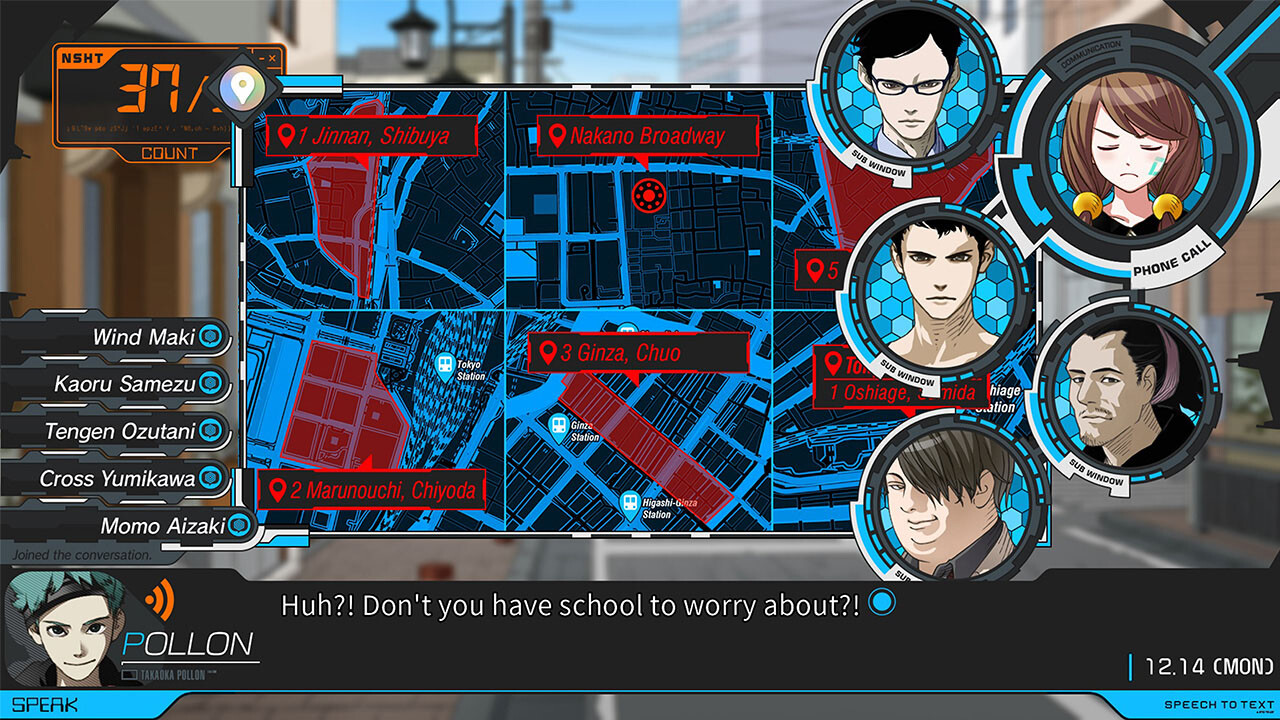
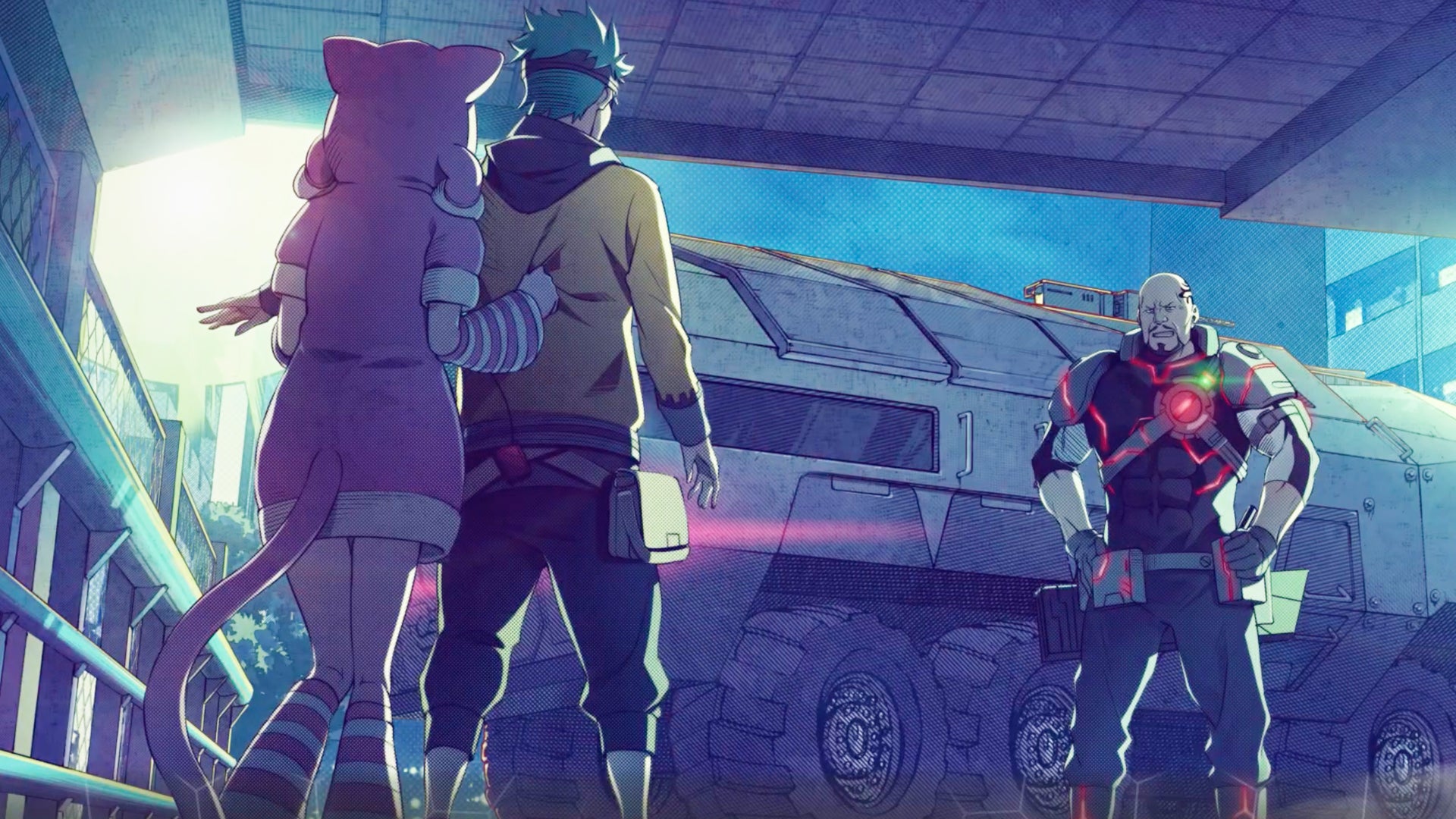

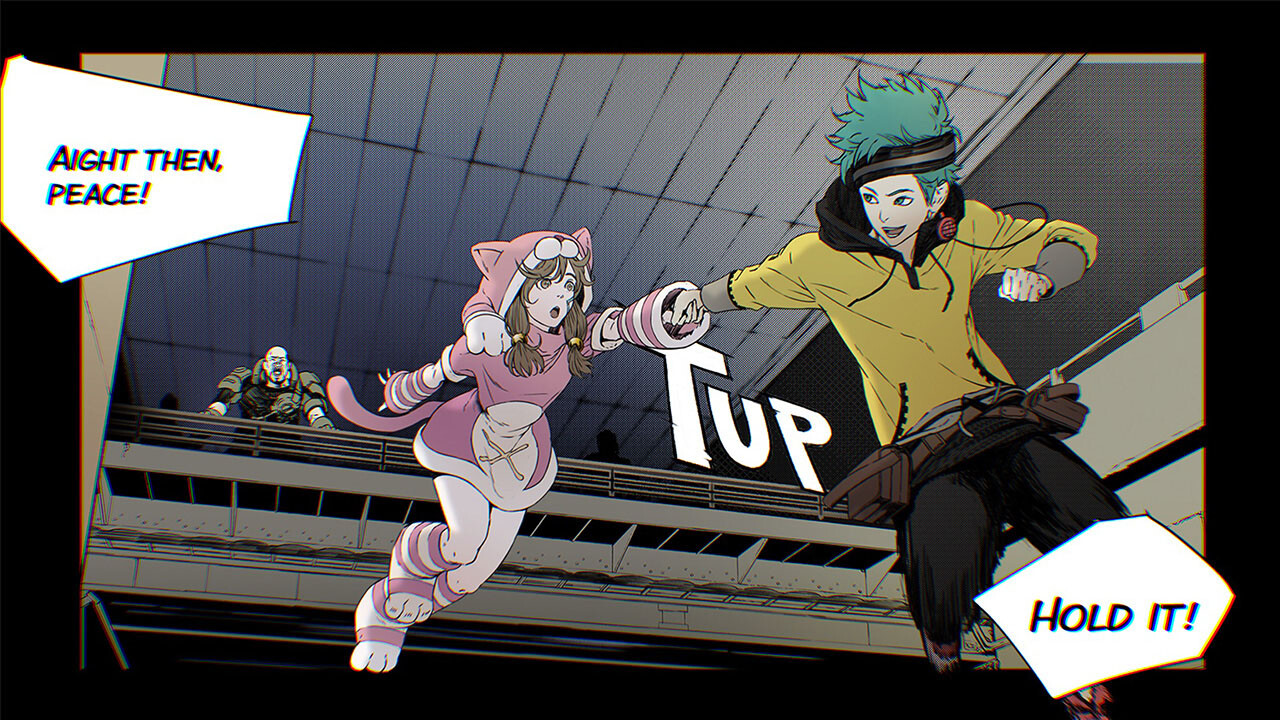





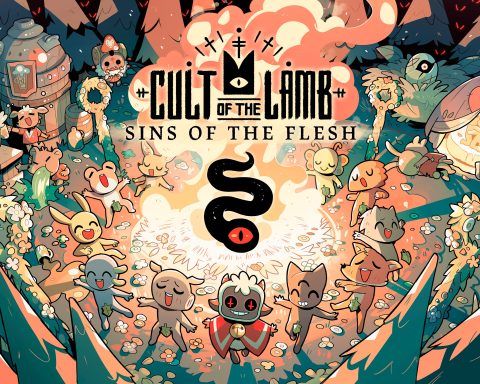

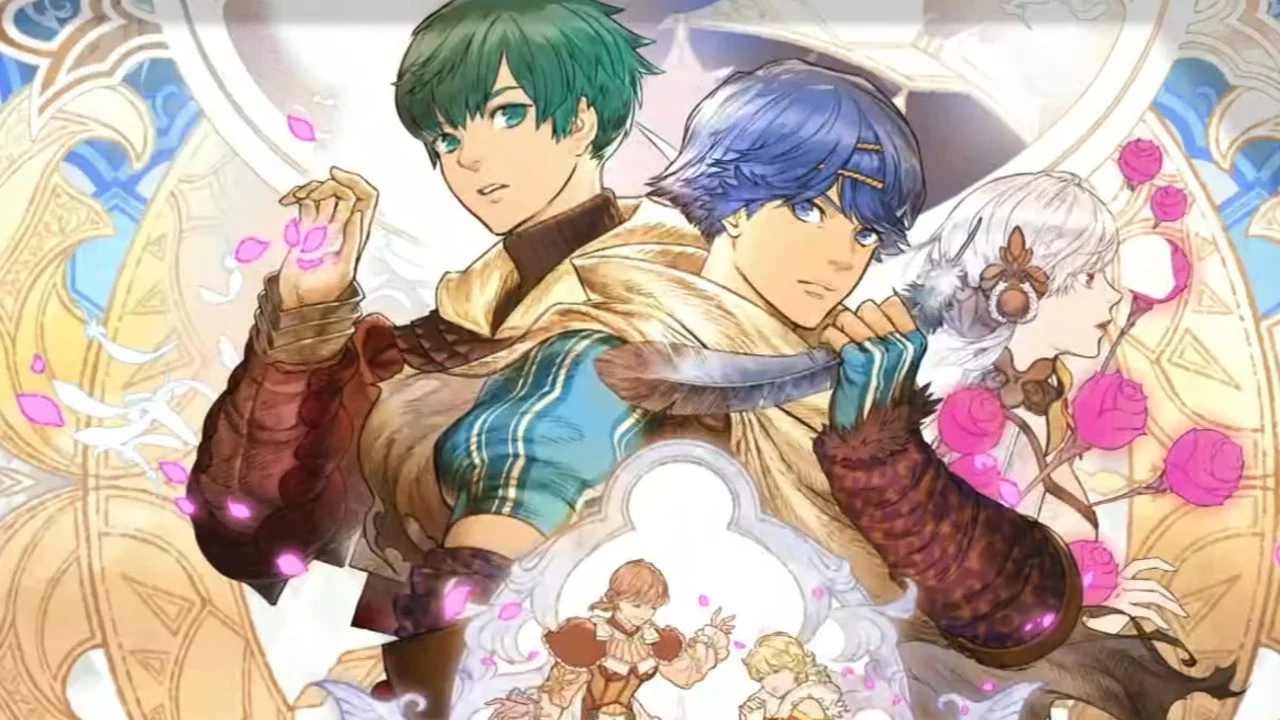
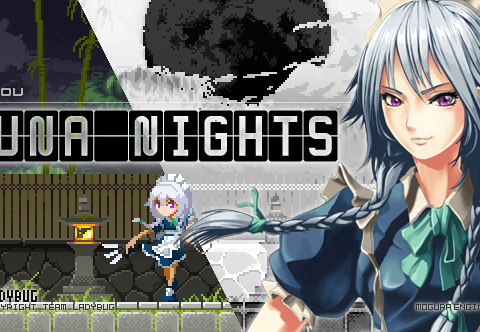
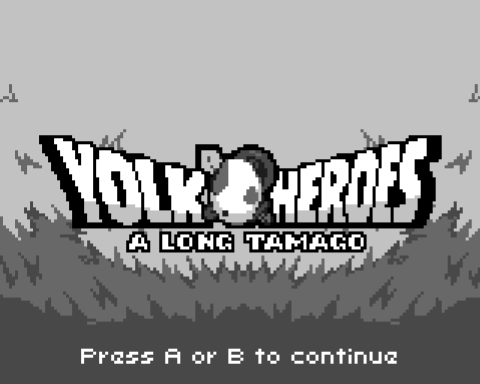
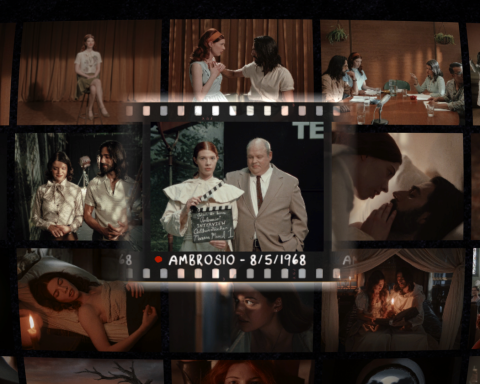
Great review and awesome to read you’re so positive, Matt, been looking forward to this.
It’s surely an interesting approach and feels like a very natural development from Chaos;Head, which took nerd-escapism to the extreme, blurring the lines between delusion and reality. AR of course already blurs some lines, so seeing them apply that logic here, now that it as a technology is coming increasingly to the forefront is bound to be fascinating.
I’m only completely unfamiliar with Robotics Notes and Chaos Child in this series, although I do have them (and some Steins;Gate spinoffs/sequels/things)
It is a fascinating topic, and it’s fun seeing how various developers grapple with it (Caligula Effect being another great example).
Robotics;Notes and Chaos;Child are, of course, essential as well. Chaos;Child in particular, though note it does go harder on the horror elements than Chaos;Head.
Also such a great game! It’s a time of art abundance as we’re falling from crisis into further crisis haha
Ah good to know. Still have plenty to read in the coming time 😁
One thing The Science Adventure Series isn’t done we are still getting Steine;??? and they still want to make others as well.